Rapid Dispute Resolution is Living Up to the Hype
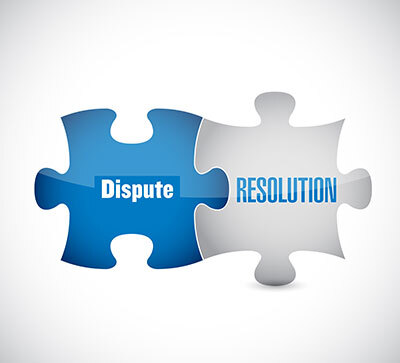
A little under a year ago, we introduced MobiusPay’s integration with Visa’s Rapid Dispute Resolution (RDR) and explained in detail how it works to reduce chargebacks. Well, here we are approximately 11 months later, and we are here to say, IT’S WORKING!
Chargeback. The word itself is enough to send chills up the spine of any merchant that accepts card payments. High chargeback numbers are detrimental to any business, and it is hard to fight the issue on your own. Fortunately, RDR can significantly reduce unwanted chargebacks and prevent merchants’ chargeback ratio from going overboard.
Successful business owners tend to do all they can to ensure that the customer is always right. However, there are times when a customer cannot be appeased, and their credit card company gets a request to file a chargeback. For those of you who don’t know what a chargeback is, you should consider yourselves lucky. After reading this article, you will be familiar with how Rapid Dispute Resolution can keep those pesky chargebacks to a minimum.
RDR is a chargeback prevention tool for merchants that acts on a pre-dispute stage. RDR automates the decision-making process with no action from the seller aside from defining the initial rules. Upon activating RDR, the acquirer will need to reclassify data to distinguish RDR transactions from actual disputes so that the resolved transactions are not identified as disputes in statements, invoices, billing systems, etc. Merchants have quite a bit of leeway in determining which disputes to automatically refund through RDR. They can utilize anything from transaction values to transaction dates to chargeback reason codes.
Apart from reducing the number of conflicts, an RDR resolved transaction will also not have a negative impact on the sellers’ chargeback ratio and will consequently reduce the number of disputes.
The RDR program serves as a built-in insurance policy to help prevent placement on the MATCH TMF. If you don’t know what that is, you should consider yourself very lucky. MATCH TMF stands for Mastercard Alert To Control High-risk Merchants Terminated Merchant File, and it’s Mastercard’s global blackball registry. Once a merchant is placed on this list, it is nearly impossible to get removed from it, and only the organization that put you on the list can remove you from it. Getting put on the TMF means you will be barred from accepting credit cards ever again. Doing everything you can to stay off the TMF, like properly managing your chargebacks, seems like a no-brainer, right? And what better way to do that than with a set-it-and-forget-it product like RDR? Visa’s current chargeback threshold before taking action against a merchant is a .9% ratio and 100 chargebacks per month. If you take these numbers into consideration, RDR is especially beneficial for high-risk businesses. If you are close to breaching the Visa chargeback threshold, RDR will be an extremely useful tool to keep your ratios in check.
We have seen a dramatic decrease in chargebacks across the board for clients that utilize RDR. In one instance, we had a merchant in pretty serious trouble at almost 99 chargebacks and 6% chargeback-to-sales ratio consistently month-over-month. RDR has lowered their ratio to less than 1% consistently month-over-month, and it has stayed that way to this day. Having this system in place to intercept chargebacks before they happen is a remarkable benefit to business owners.
The best part of RDR is that it is now a real-world proven technology with real results that has tangible effects on chargebacks with quantifiable benefits to businesses that may run a little hot each month. Every business type, not just high-risk businesses that may be facing chargeback difficulties, could see a very real benefit from deploying RDR in as few as 30 days from enrollment. And one of the biggest upsides of Rapid Dispute Resolution is that it improves the overall customer experience and satisfaction because the cardholder is given a decision in real-time. Research shows that positive interactions with merchants mean that customers will be more likely to purchase products or services from that some business in the future.
If you are dealing with a legitimate claim for a refund, Rapid Dispute Resolution prevention engines can be extremely helpful to your business, especially if your company is nearing the dreaded Visa chargeback threshold. Be sure to enlist the help of an experienced payment processor like MobiusPay to guide you through the setup and implementation of this time and money-saving tool. You won’t regret it!
Here's the recap - RDR works by intercepting chargebacks and issuing refunds to the cardholders which benefits your business by keeping chargeback ratios under the acceptable card brand ratios. Keeping those ratios down allows your business to continue accepting credit card payments. Now that it’s been in production for the better part of eleven months, we have seen RDR actually working and benefitting businesses of all types – it’s not just a gimmick, it really works.
Return to Blog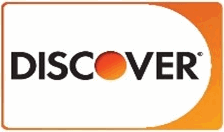
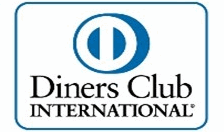


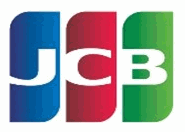
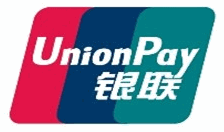
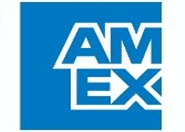


* Created by
